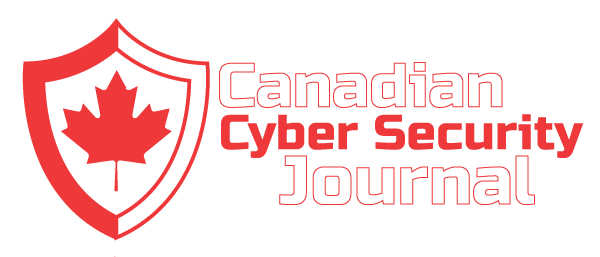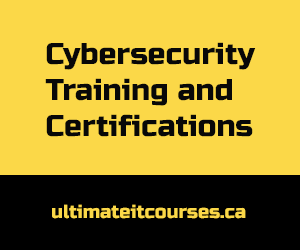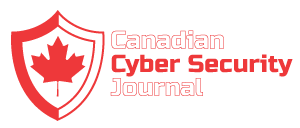Women seeking a professional opportunity in the growing cybersecurity field face systemic barriers that cause their underrepresentation across the industry.
That’s the worrisome word contained in a comprehensive new report that identifies barriers to inclusion faced by women looking to work in the cybersecurity sector.
That’s the worrisome word contained in a comprehensive new report that identifies barriers to inclusion faced by women looking to work in the cybersecurity sector.
The 2023 State of Inclusion Benchmark in Cybersecurity says women face exclusion at twice the rate of men.
But in at least one exception to the rule, one director of cybersecurity at a leading Canadian telecom firm says there are a broad range of roles to be filled in the industry – and filling those roles is fun!
Leigh Tynan followed a unique path to the senior position in security she now holds: Director of TELUS Online Security. She’s been with the company for some 18 years, having capitalized on relevant and transferable skills learned in consumer marketing and the B2B space and a successful ten-year run with Coors Canada (now Molson Coors) in field and retail marketing.
Now, in addition to overseeing the TELUS Security marketing portfolio, Tynan’s team handles Online, SmartWear and SmartHome Security as well.
It’s important to always learn and grow in any setting, and her ending up in tech and online security is a testament to that, as she sees it. “Everyone lends their own unique experiences and perspectives to the work that we do,” Tynan says, underscoring how the “cybersecurity industry benefits from diversity.”
Sadly, that’s not the perspective overall.
That benchmark industry report, released by Women in CyberSecurity (WiCyS), an international nonprofit advocating for women in cybersecurity, identifies many reasons behind the current and well-documented underrepresentation.
“For the first time, we’re equipped with both the quantitative data and qualitative stories necessary to identify and dismantle the systemic barriers that hinder the recruitment, hiring, retention and advancement of women in cybersecurity,” said Lynn Dohm, Executive Director of WiCyS.
The report echoes findings about the cybersecurity scene in Canada from York University, with which Tynan is familiar: it found as little as 10 per cent of the workforce in this country identifies as female.
“It really shows the huge opportunity to drive greater diversity,” she says of the report’s findings. “While (cyber) may not be a typical role for women yet, it absolutely can be if we help raise awareness for the varied types of roles that exist.
“I try not to think about what a typical role for a woman would look like, and instead focus on what I find interesting and where I can continue to learn and grow. There are incredible opportunities in the cybersecurity industry for anyone, and driving diversity is key to our collective success. It doesn’t matter what age you are, or who you are, with curiosity and a growth mindset, we can all find space in this ever-changing industry.
“There is a perception that this industry is incredibly technical, and while that is true for some roles, like forensics, there really are a broad range of roles. The cyber industry includes roles in legal, marketing, public relations, customer service, and sales, just to name a few. We need diversity in the industry as everyone lends their own unique experiences and perspectives to the work that we do. In many cases, women are the decision-makers in the household, and we need to understand how to best reach them.”
As domestic decision-makers, and for other reasons, women can be disproportionally affected by cyberattacks. Reaching them with education and awareness about how not to be hacked – if not with info about how to get a job in the hack-attack prevention industry – is growing in importance, and Tynan shares advice in both areas.
“I always recommend educating yourself as best you can” about online risks and safety prevention, she starts off. “There are many free educational resources to help navigate the Internet more safely, including the Canadian Anti-Fraud Centre, GetCyberSafe.ca and TELUS Wise, which is a digital literacy education program that offers informative workshops and resources for people of all ages.
Protecting yourself as an individual consumer is one thing, but Tynan quickly points out that three out of four Canadian organizations have experienced a data breach, and most of those were in the past three years (among other leading Canadian firms, TELUS itself was a victim at one point.)
“Given the increased prevalence and sophistication of the attacks, it has been more of a ‘when’ than an ‘if’ that an organization will be targeted as cybercriminals seek to find their way into the systems of big and small companies alike,” she warns.
There is a common misconception that small businesses are “too small” to be considered a target, but that’s not the case. No organization, big or small, is immune to cybercrime. Small businesses often have less sophisticated security protection in place, which makes them an easier target for hackers. Large businesses have exponentially more customer data, making them a richer and more valuable target for cybercriminals.
Click here to view original web page at whatsyourtech.ca








